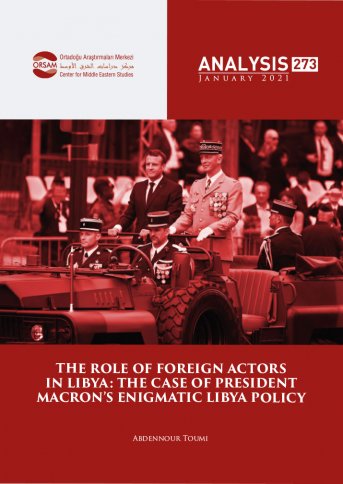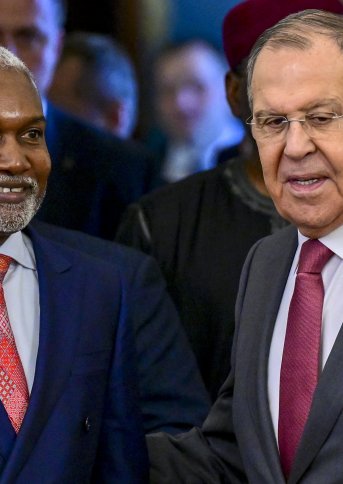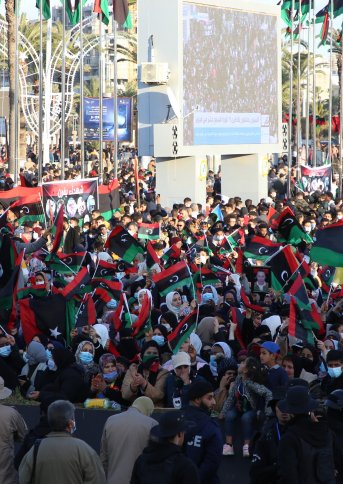
The Role of Foreign Actors in Libya: The Case of President Macron’s Enigmatic Libya Policy
France's foreign policy has been known for its realism and steadfastness under all presidents of the French Fifth Republic.1 However, President Emmanuel Macron has shifted his foreign policy towards idealism unlike his predecessor Francois Hollande, a paradigm that can put France’s foreign policy goals in the MENA region at great risk. The risk stems from the challenges which idealism presents to the domestic political imperatives.
President Macron is haunted by the ghosts of one-term presidents like his predecessors President Nicolas Sarkozy and President François Hollande. President Macron, however, has taken over an unusual determinant and objective of foreign policy from his mentor and predecessor, former President François Hollande. President Hollande had orchestrated a prudent foreign policy in office, which matched his character and a long-running course of realpolitik designed by the first socialist President François Mitterrand in the ‘80’s and early ‘90’s.
Unlike his late predecessors and despite his own constitutional attributes, foreign policy was not related directly to President Macron’s persona. Similarly, he did not place much emphasis on it during his presidential campaign in 2017, although he adopted a constructive position on the E.U., a contrastingly aggressive one on Syria and a preemptive defense policy in the Sahel, notably in Mali. He even paid a visit to the French troops stationed in Northern Mali on his very first day in office.
Does President Macron really have a foreign policy in Libya? According to history and geopolitics, France should. Nonetheless, President Macron has been displaying a style that is likely to push France into isolation because of his foreign affairs and European minister, Jean-Yves Le Drian. For instance, in his anti-Turkey rhetorical style in the last couple of months, while Turkey is a NATO ally and a major intelligence and military asset in the MENA region to fight the IS Organization in Syria and Iraq, Ankara was infuriated about undiplomatic French foreign affairs minister statements about the Operation Peace Spring last fall. Last summer, with the naval incident between France and Turkey on June 10 off the Libyan coast - the Frigate Courbet incident - France accused Turkey and took the case to a high instance of NATO and did call the EU Commission for more sanctions against Turkey.
With the latest tensions in the Eastern Mediterranean, in which France explicitly sided with Greece following Turkey’s gas drilling mission in the Mediterranean, the tension is over gas reserves and maritime rights and has prompted fears that tensions could escalate further between the two neighboring countries. Hence, Paris is bringing down 71 years of principles of collective security since the creation of NATO and since the adhesion of Turkey in 1952. The latest verbal escalation between the two countries’ presidents over the French president's declarations on Islam and his policies with Muslims in France have worsened the relations between the two countries.







